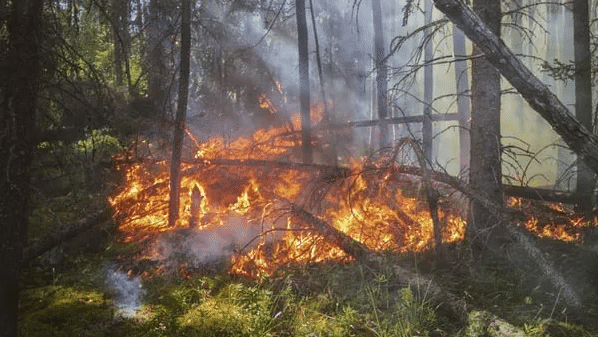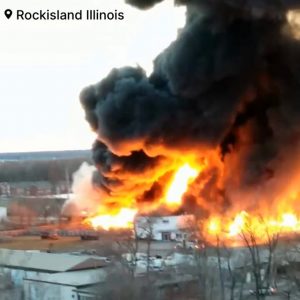The Geneva-based Intergovernmental Panel on
Climate Change (IPCC) will release the first part of its Sixth Assessment
Report on Monday. It is the recurring status check that has now become the most widely
accepted scientific view of the state of the Earth’s climate. This part of the
report will present the latest scientific understanding of the climate system,
how and why is it changing, and the impact of human activities on this process.
The last few weeks have seen major ups and downs.
The entire world went haywire with the pandemic. There were a lot of
mishappenings including unexpected floods in Europe and China, record-breaking
heat-waves in the United States, and deadly forest fires in Siberia, and Turkey
and Greece.
Scientists are scheduled to publish the most
thorough health check-up of the Earth’s climate on Monday, amid bleak
projections of a continuous rise in the frequency and intensity of such extreme
weather events, all of which are linked to global warming
Also Read| Tornado warning issued in Iowa, Grant and Columbia countries
The report’s second and third sections, which
deal with the projected effects of climate change and the steps required to
mitigate the worst effects, are expected to be released next year.
The IPCC’s five prior assessment reports,
published since 1988, have served as the foundation for international climate
change negotiations and the actions taken by governments around the world over
the last three decades to limit global temperature rise. Their importance has
been recognised around the world, and the IPCC was awarded the Nobel Peace
Prize in 2007 for its fourth assessment report.
Also Read| Instability in Atlantic ocean currents may impact global climate : Study
Each of these massive studies, the most
recent of which are hundreds of pages long, has added to the previous ones by
providing new knowledge and understanding of the climate system. Starting with
the first one in 1990, they have all been categorical in stating that the rise
in global surface temperatures since the 1950s was most likely caused by human
activities.
Any rise in temperature beyond 2°C, compared to
late-nineteenth-century temperatures, would make the Earth an extremely
difficult place to live for humans and thousands of other plant and animal
species.
The assessment reports have suggested
temperature rise till 2100 under different situations and the kind of impacts
that can be seen in each one of them.
Not only studying and researching but
this report is also attempting to
provide more actionable information to help governments take policy decisions.
Also Read| China gears up for typhoon In-fa destructive floods’ aftermath
The IPCC evaluation reports
have been displaying worldwide scenarios. In any case,
there are likely to be wide varieties within the anticipated impacts
of climate alter from region to region, as recognized by
the appraisal reports themselves.
The 6th Evaluation Report
will put much more accentuation on territorial appraisal.
So, it is anticipated that this report would likely state what the
scenarios for sea-level rise within the Cove of Bengal locale isn’t, fair what
the normal sea-level rise over the world is likely to be.
A major focus will be on the extreme weather events that have been seen recently. Earlier the topic of individual extreme
events to climate change was quite debatable but now a lot of advancement has
been seen in relation to this. It has permitted the scientists to compare the
two situations.
Megacities with dense populations are
thought to be among the most sensitive to the effects of climate change.
Climate change consequences on cities and big urban populations, as well as
implications for important infrastructure will be presented in detail in the
Sixth Assessment Report.
The IPCC will give a more comprehensive
picture of the situation, cross-link evidence, and examine trade-offs among
various alternatives or paths, as well as the social repercussions of
countries’ climate change actions.
The IPCC assessment reports have had a
significant impact on the direction of climate change debate and action. The UN
Framework Convention on Climate Change, the umbrella accord under which
international climate change negotiations take place every year, was
established as a result of the First Assessment Report.
The Kyoto Protocol,
which operated until last year, was based on the Second Assessment Report, and
the Paris Agreement was guided by the Fifth Assessment Report, which was
released in 2014.
The global climate architecture is now
governed by the Paris Agreement, which replaced the Kyoto Protocol from this
year. Many indications have implied that global action was far below what was
needed to keep the temperatures below 2°C, as strictly mentioned in the Paris
Agreement.
The IPCC report could soon be the most important warning to quickly
close the window to stop the rise to unacceptable temperatures. It will urge
the Governments to take more stringent actions.







